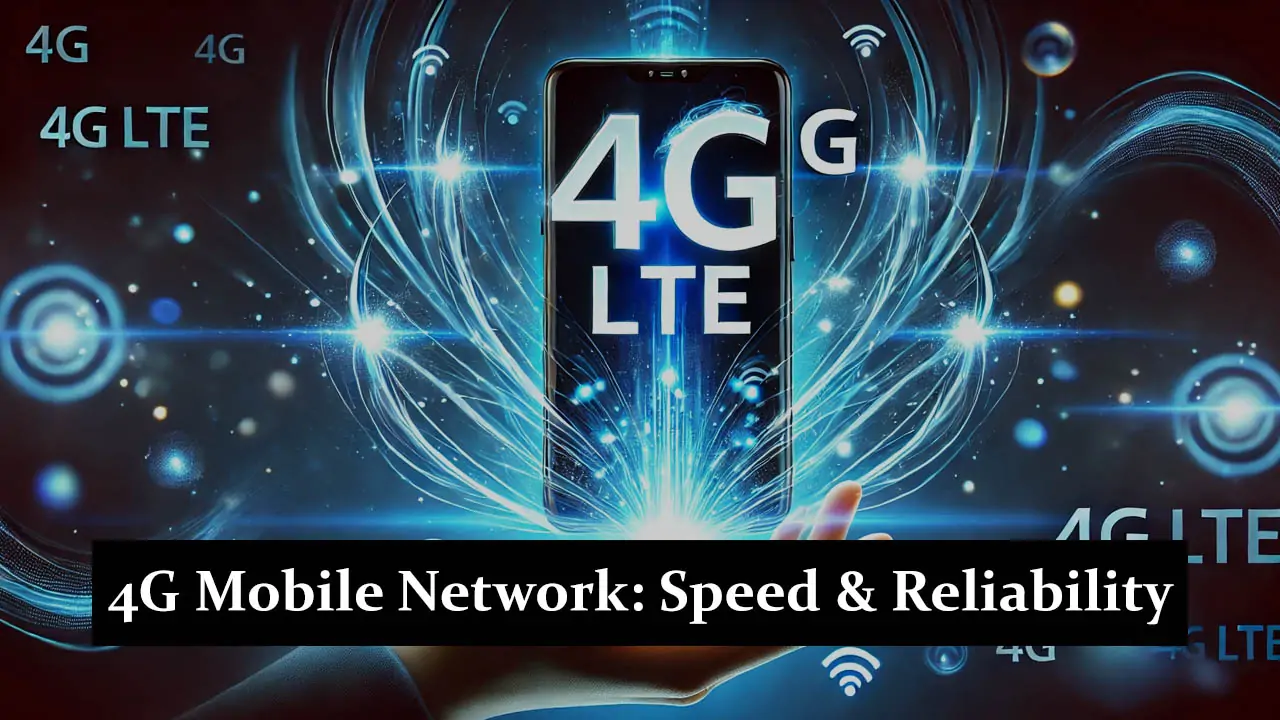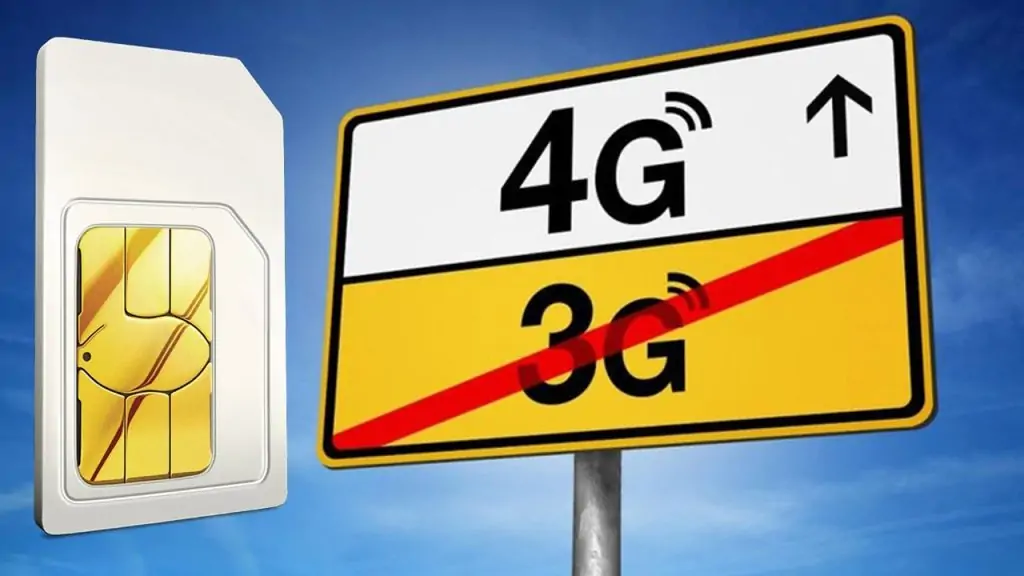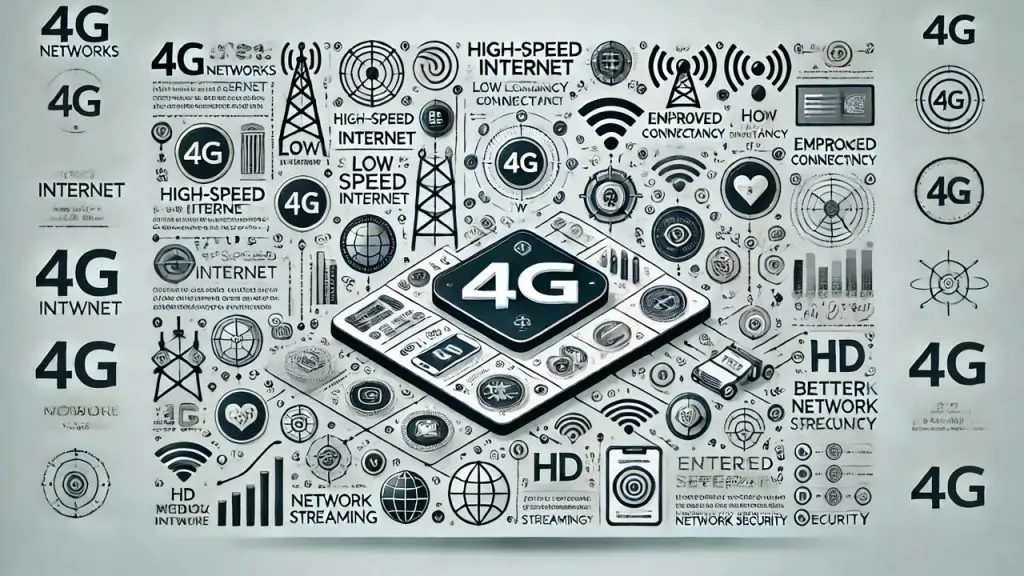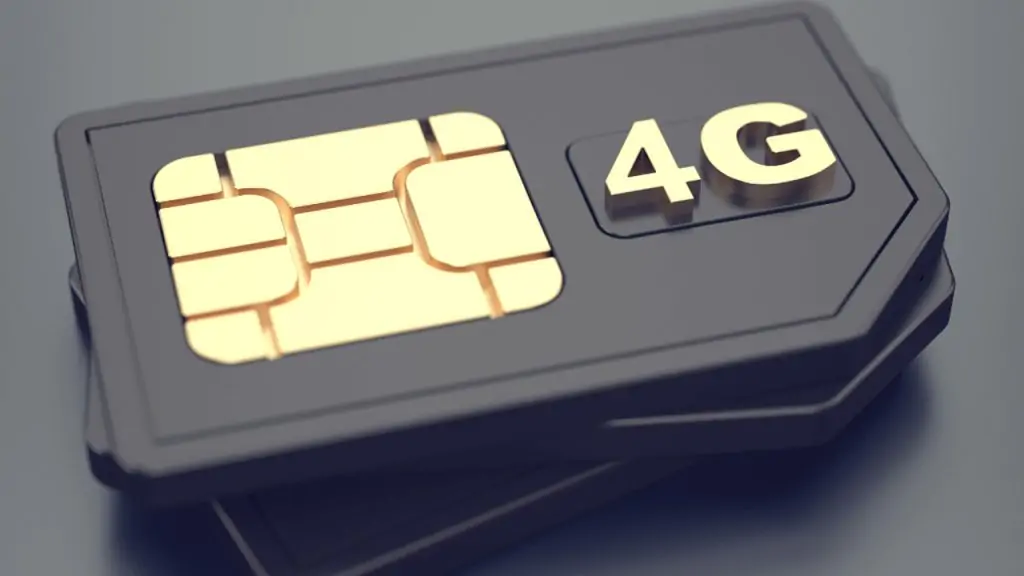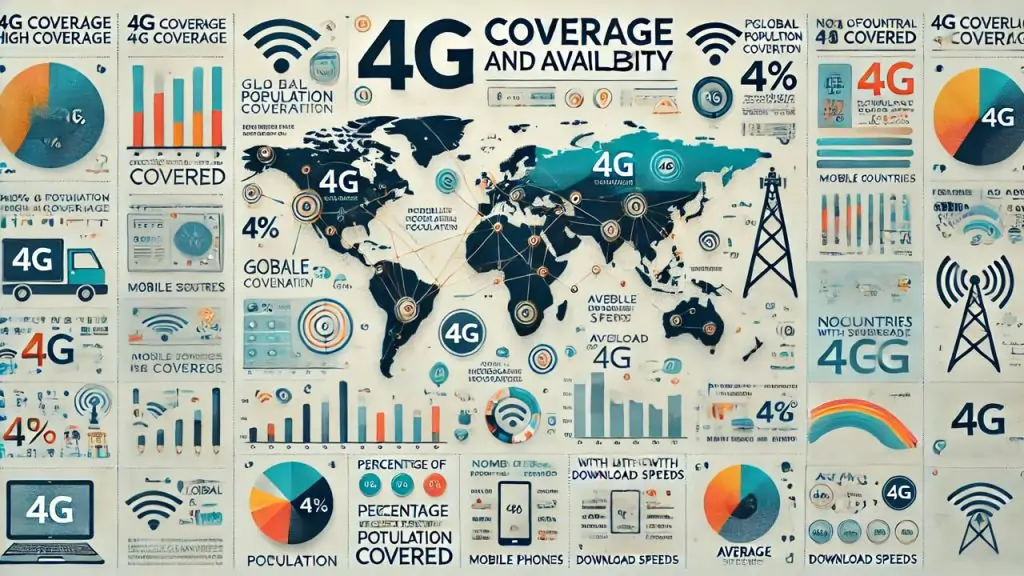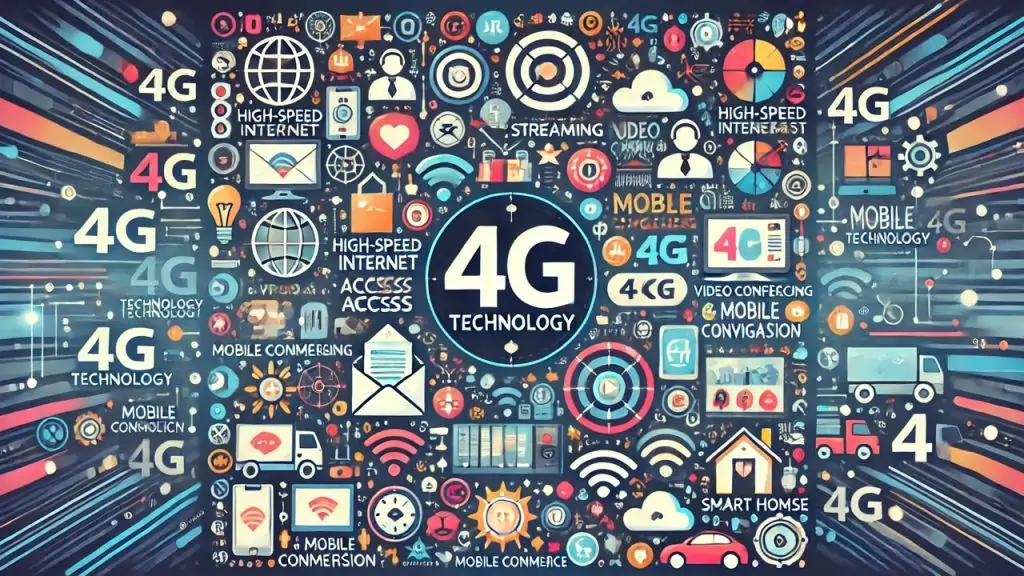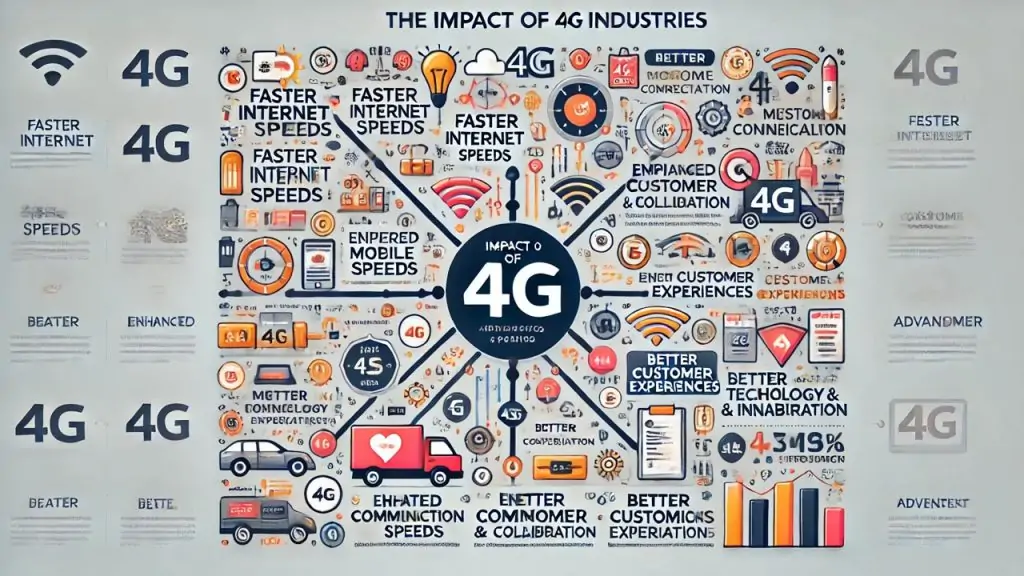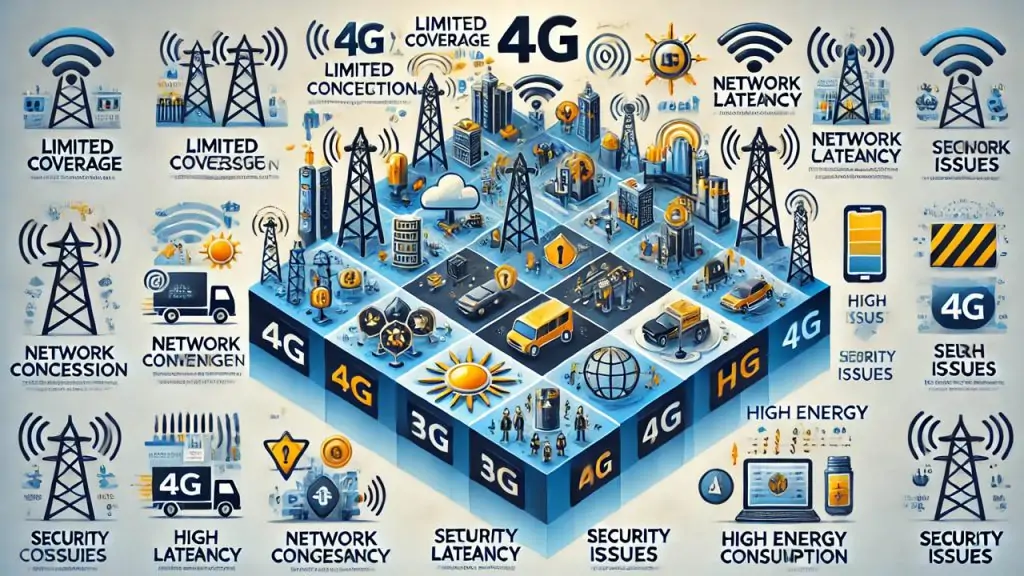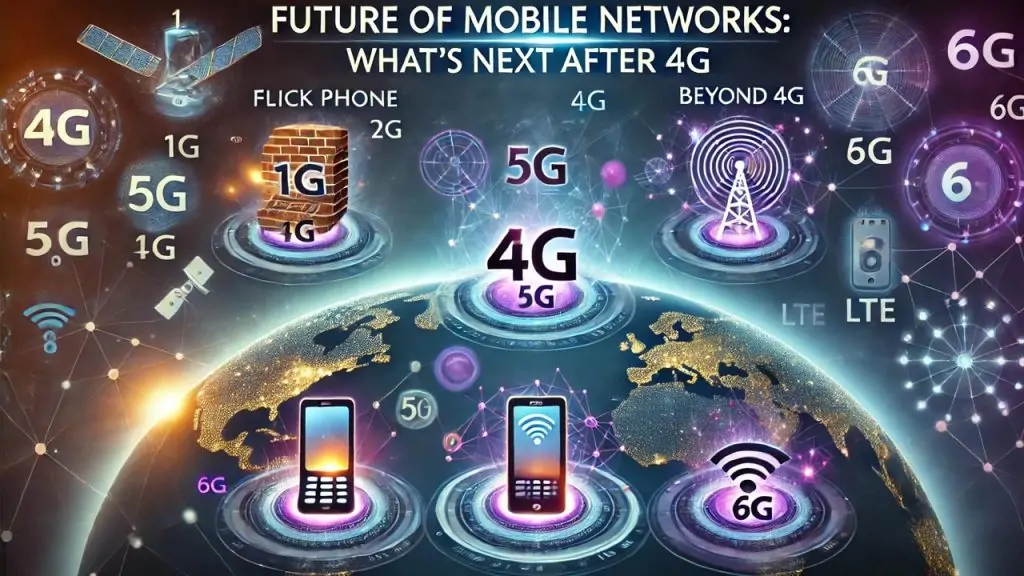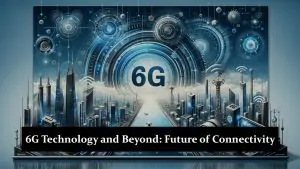The 4G mobile network revolutionized telecommunications by providing significantly faster data speeds than its predecessor, 3G. It enabled seamless streaming of high-definition videos, faster downloads, and improved web browsing experiences. With lower latency and greater bandwidth, 4G networks enhanced the performance of mobile applications and supported advanced features like video conferencing and online gaming. This technology laid the foundation for developing the Internet of Things (IoT) and paved the way for the advent of even more powerful mobile networks.
Evolution from 3G to 4G
1. Comparison between 3G and 4G
- The transition from 3G to 4G significantly improved speed and bandwidth. While 3G networks offer maximum download speeds of up to 2 Mbps, 4G networks can achieve up to 100 Mbps.
2. Speed and Bandwidth Differences
- 4G offers higher data transfer rates than 3G, with typical download speeds ranging from 20 to 50 Mbps and upload speeds between 10 to 20 Mbps. This enhancement in speed enables users to enjoy faster browsing, smoother streaming, and quicker downloads.
3. Technological Advancements
- 4G technology introduced several advancements, including Orthogonal Frequency Division Multiple Access (OFDMA) and Multiple Input Multiple Output (MIMO), which improved network efficiency and capacity.
4. Milestones in the Development of 4G
- The development of 4G saw key milestones, such as the introduction of Long-Term Evolution (LTE) technology, which became the global standard for 4G networks, and the subsequent deployment and widespread adoption of 4G services worldwide.
Key Features of 4G Networks
1. Speed and Data Rates
- 4G networks provide significantly higher data rates than their predecessors. Typical download speeds range from 20 to 50 Mbps, while maximum theoretical speeds can reach 1 Gbps.
2. Latency and Reliability
- One of the major advantages of 4G is its low latency, which is crucial for applications requiring real-time communication, such as online gaming and video conferencing. 4G networks also offer greater reliability and stability in connections.
3. Advanced Technology Support
- 4G networks are built on IP-based architecture, which supports high-definition multimedia streaming and advanced communication services. This enables users to enjoy high-quality video calls, live streaming, and seamless connectivity across multiple devices.
How 4G Works
- The Basic Technology Behind 4G: 4G networks utilize OFDMA for efficient spectrum use and MIMO technology to enhance data transmission rates and coverage.
- Role of IP Technology in 4G: 4G networks are based on IP technology, which allows for the seamless integration of various services, such as voice, data, and multimedia, over a single network.
- Network Architecture and Components: The core components of a 4G network include the Evolved Packet Core (EPC) and Evolved Node B (eNB), which work together to deliver high-speed data services and reliable connectivity.
Benefits of 4G Mobile Networks
Here are some benefits of 4G Mobile Networks:
- Enhanced Internet Experience: 4G technology offers an unparalleled internet experience with faster browsing, quicker downloads, and smooth streaming of high-definition videos.
- Improved User Experience: With 4G, users can enjoy better voice quality through VoLTE (Voice over LTE) and seamless connectivity with other devices, enhancing overall communication.
- Economic and Social Impact: The widespread adoption of 4G has significantly boosted the digital economy and facilitated the development of smart cities. It also supports IoT applications and smart devices, transforming various industries.
4G Coverage and Availability
- Global Deployment Status of 4G: 4G networks have been deployed extensively globally, with many regions enjoying comprehensive coverage.
- Challenges in Rural and Remote Areas: Despite widespread deployment, providing 4G coverage in rural and remote areas is still challenging due to infrastructure and spectrum allocation issues.
Applications of 4G Technology
- Mobile Internet and Browsing: 4G enables faster and more reliable mobile internet and browsing, enhancing the user experience.
- Streaming Services: The high-speed capabilities of 4G support seamless streaming of music and videos and online gaming.
- IoT Connectivity: 4G provides robust connectivity for IoT devices, enabling smart applications and innovations in various sectors.
Impact of 4G on Industries
- Mobile Commerce: 4G has fueled the growth of mobile banking and shopping, offering enhanced security and convenience.
- Healthcare: The healthcare industry has benefited from 4G advancements in telemedicine and remote patient monitoring.
- Entertainment: 4G has revolutionized the entertainment industry, enabling high-quality streaming services, mobile gaming, and social media interaction.
Challenges and Limitations of 4G
- Infrastructure Costs: Deploying 4G networks requires significant infrastructure investment, which can be a barrier for some regions.
- Spectrum Allocation: Spectrum availability and allocation issues can impact the rollout and performance of 4G networks.
- Compatibility Issues: Older devices may not be compatible with 4G networks, necessitating upgrades for users to benefit from 4G technology.
- Security Concerns: While 4G offers many benefits, it poses potential security vulnerabilities that must be addressed.
Future of Mobile Networks: What’s Next After 4G?
- Introduction to 5G and Beyond: The future of mobile networks lies in 5G and beyond, promising even greater speeds, lower latency, and innovative applications.
- Potential Advancements and Innovations: 5G technology will bring advancements such as enhanced mobile broadband, massive IoT connectivity, and ultra-reliable low-latency communications.
- How 4G Will Coexist with Future Technologies: 4G will continue to coexist with future technologies, providing a foundation for seamless connectivity and ensuring widespread access to high-speed internet.
Conclusion
4G technology has significantly transformed mobile communication, offering faster speeds, reliable connectivity, and enabling various applications. As we move towards 5G and beyond, embracing 4G will continue to enhance our connectivity and digital experience.
Frequently Asked Questions (FAQs)
What is the difference between 4G and LTE?
4G is the fourth generation of mobile network technology. At the same time, LTE (Long-Term Evolution) is a standard for wireless broadband communication that significantly improves network performance and speeds within the 4G spectrum.
How does 4G improve internet speed?
4G improves internet speed through advanced technologies like OFDMA and MIMO, which enhance data transmission rates and network efficiency.
What are the limitations of 4G networks?
4G networks' limitations include high infrastructure costs, spectrum allocation issues, compatibility with older devices, and potential security vulnerabilities.
When will 5G replace 4G globally?
5G is gradually being deployed and is expected to coexist with 4G for several years. The transition to 5G will depend on infrastructure development, spectrum allocation, and market.
